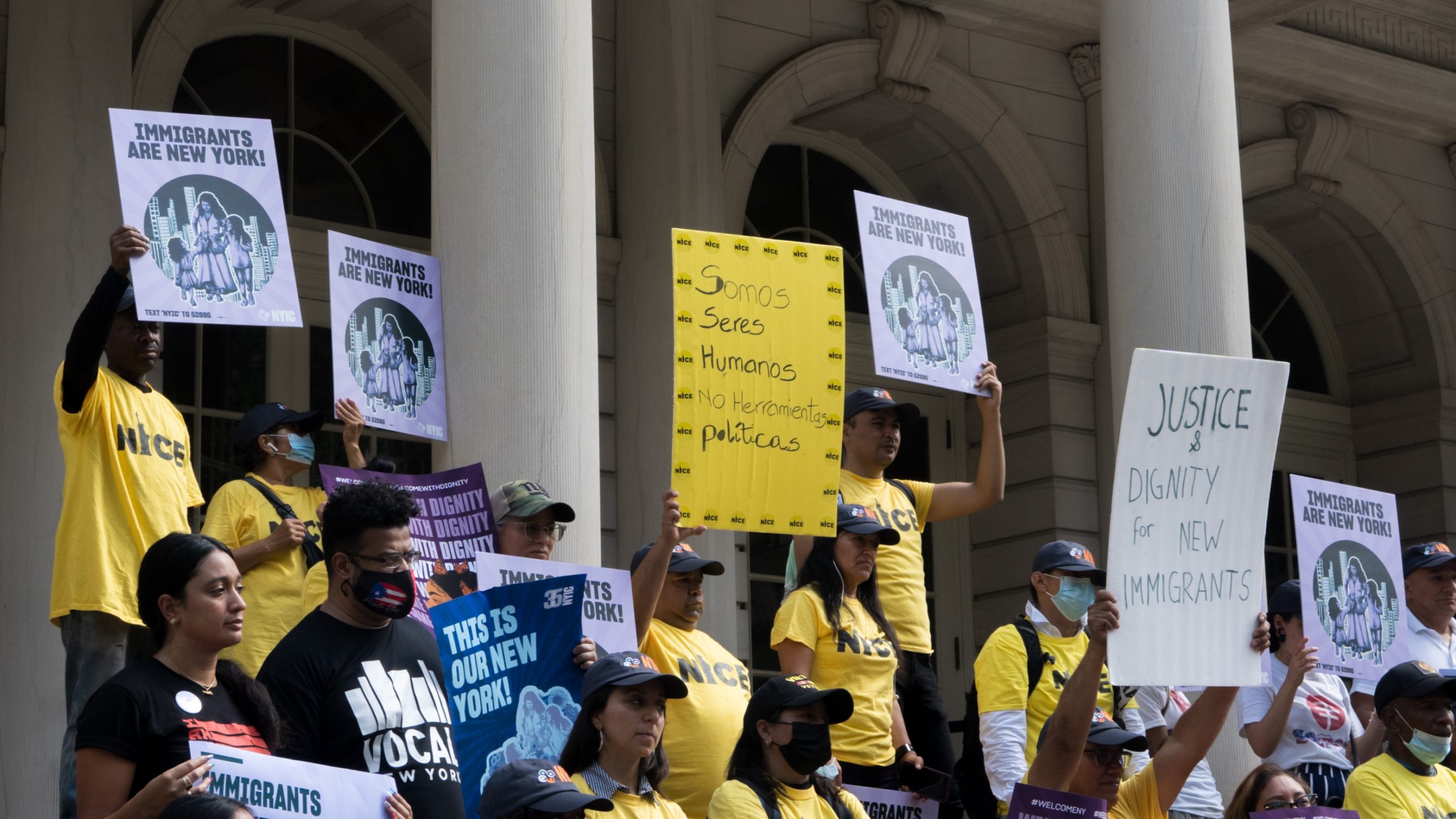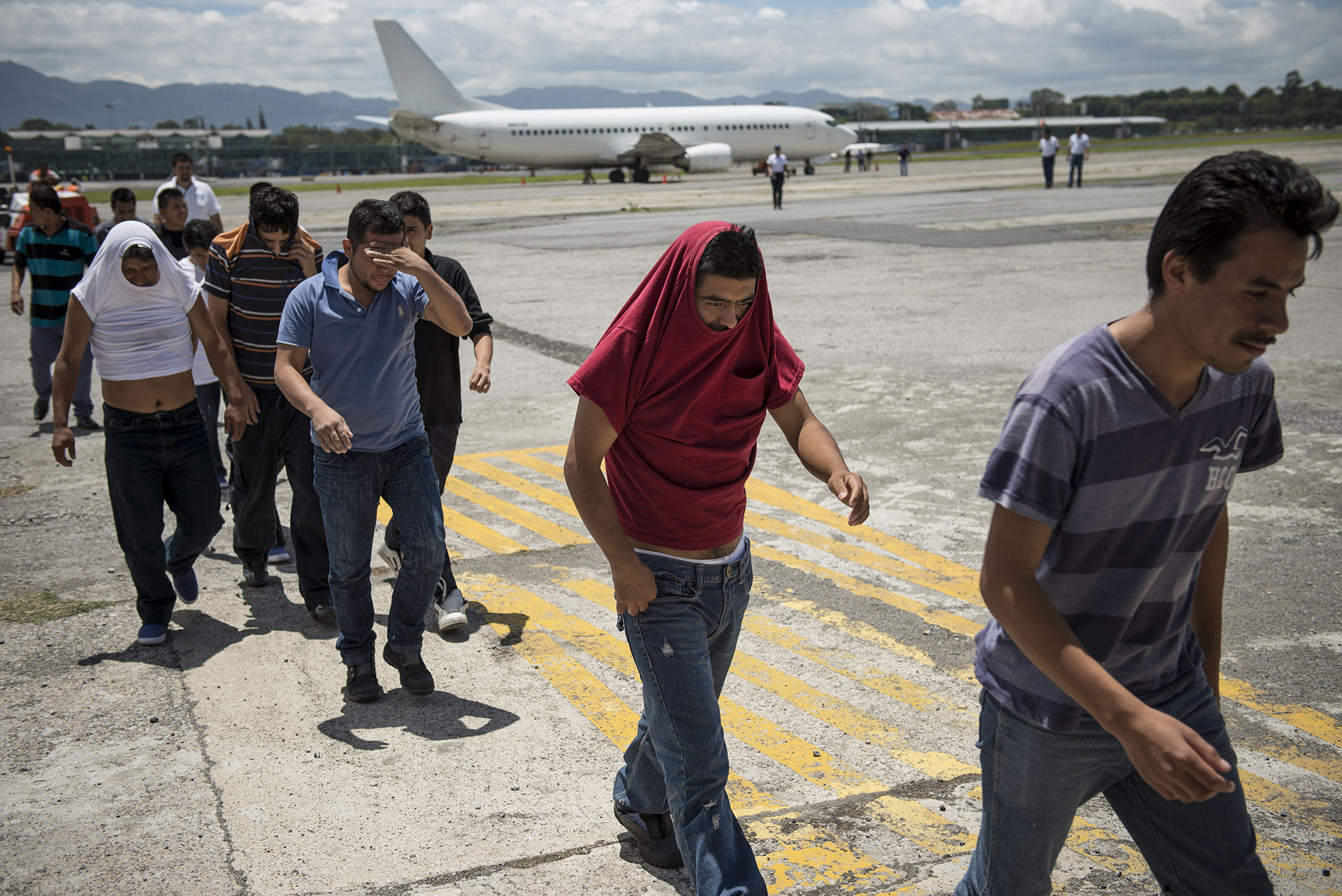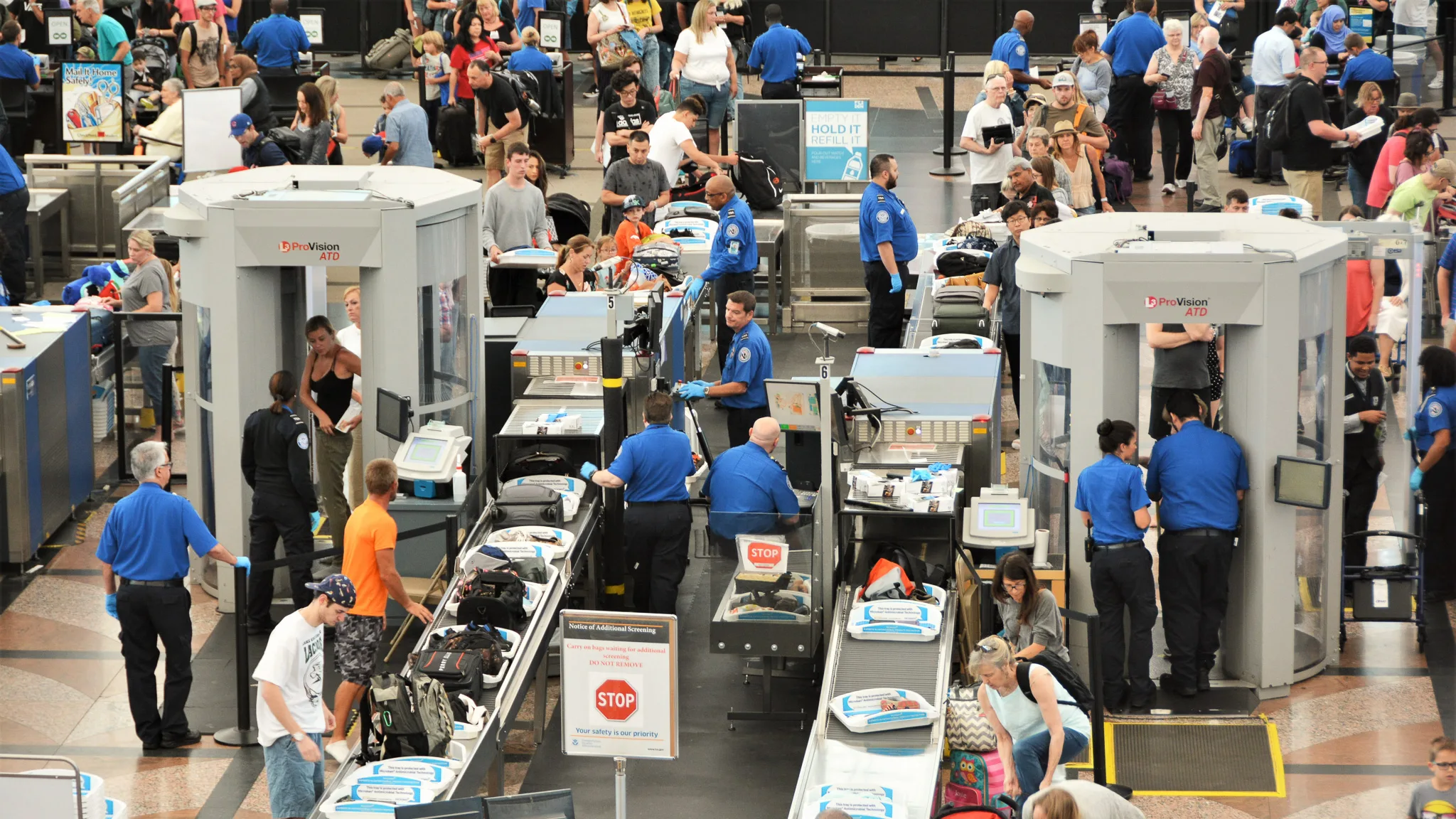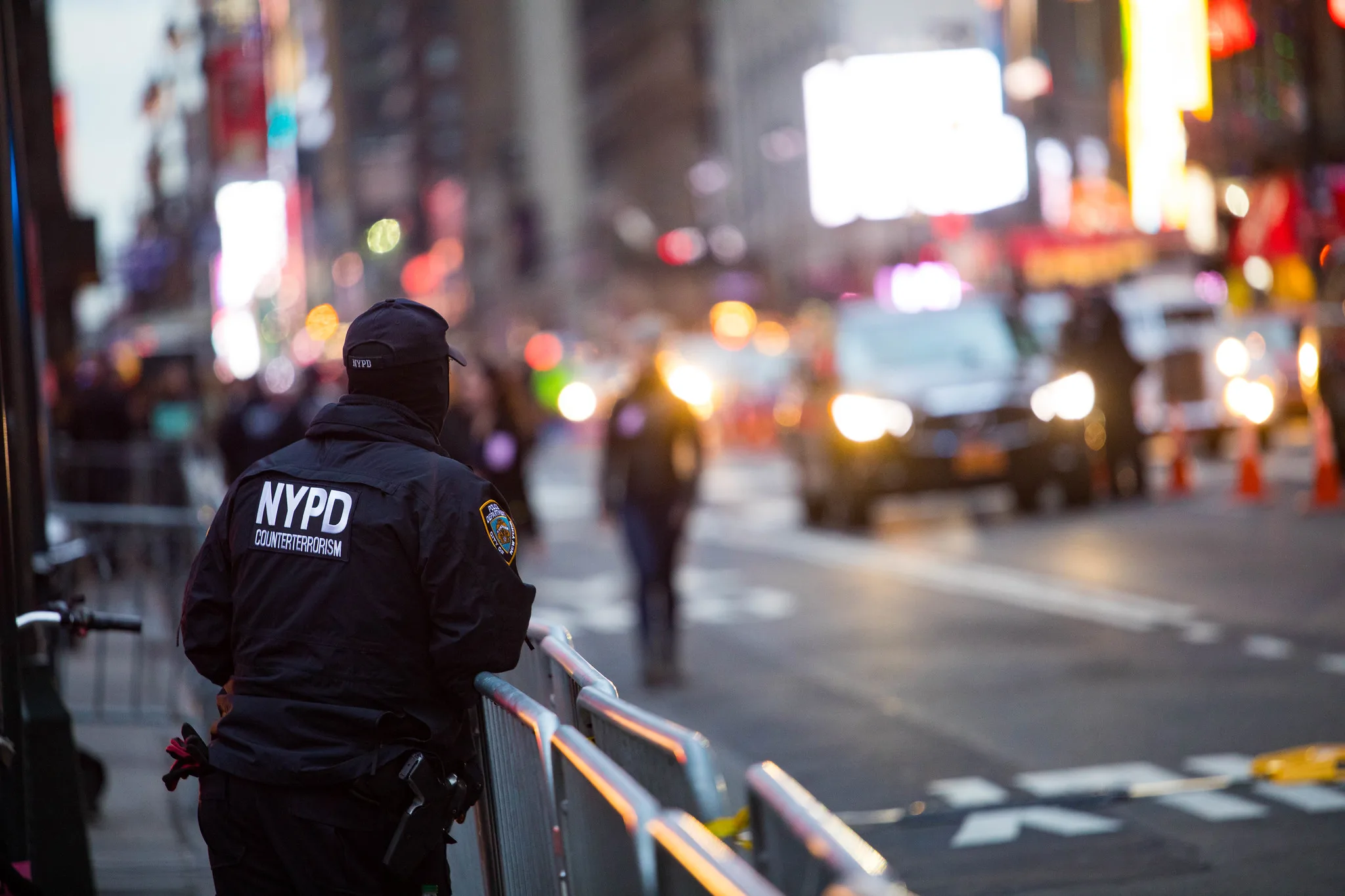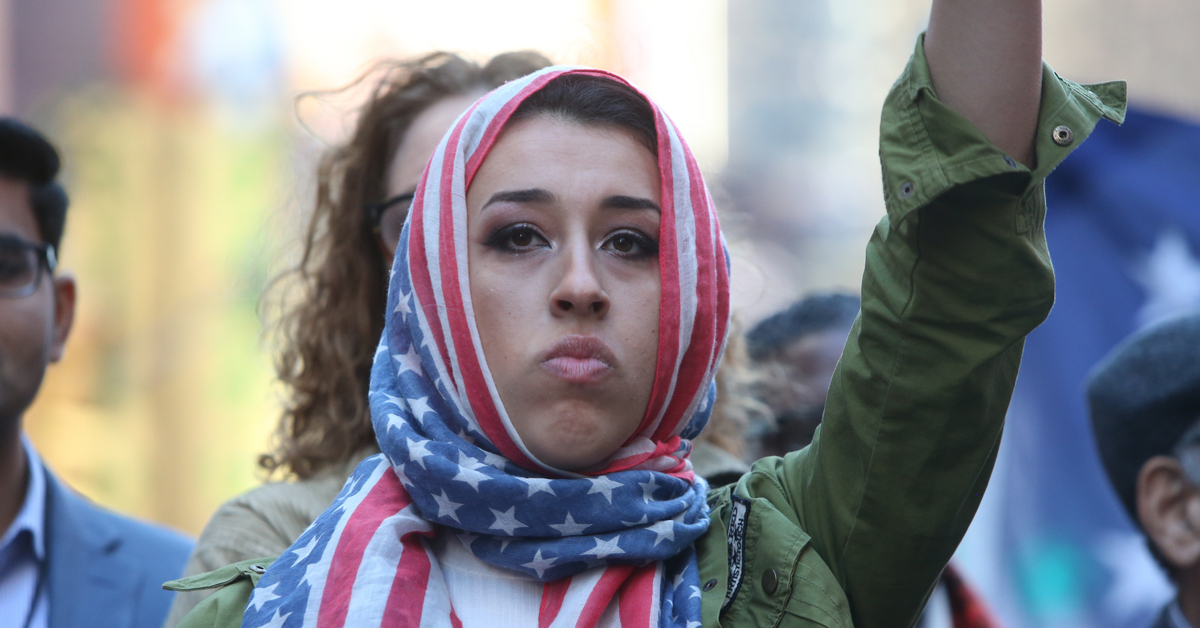This story about being homeless and undocumented in NYC is told in Karla’s own words. It has been condensed and edited for clarity.
For the new people that are arriving, the Mayor [Eric Adams] likes to show off like he is doing something because he only cares about his image. As long as they keep coming it’s going to be in the media — they’re going to talk about it. But trust me, once the story dies down, all these people [will be put] in a community shelter. They are not coming to America to be in shelters, they are coming to work and make a living — the same way that I did.
The [politicians] do not do anything at all. We are the City’s dirty little secret. Nobody wants to talk about it, nobody wants to bring it up. You don’t mind taking our tax dollars when we are undocumented, but when COVID-19 hit everyone got a check except the undocumented community.
I have been in the United States for over 36 years since [migrating from the Ivory Coast]. I worked in cleaning, was an associate director, and even as a manager at one of the [clinics] for special surgeries. I worked two jobs and I paid my taxes for 30 years and I still ended up at the shelter system after getting sick.
I have been in the shelter system for about three years and a half. I came into the shelter in February 2019. I started at the intake shelter in Williams Avenue where I spent two months before being transferred to a shelter in the Bronx. The intake shelter is one step away from being like a prison.
When people first enter, the way it is designed, inside or outside, they half faint — literally. People cry, it is unlike anything they have ever known. The only people that do not have a problem are people who have been doing a lifetime of crimes. Or those that have been in jail or spent their whole life in trouble with the law. For them this is home.
A Culture of Violence
I don’t know how I am still alive. I should have been dead twice.
[In April of 2019] I was in a room with four other people. All three of them were blatantly smoking cigarettes or shooting heroin in the bathroom. I spoke against it and they came after me and attacked me. I was bleeding. And even then, with blood all over my white shirt, the security guards told me they could not see any blood. They said if I wanted to press any charges against the people that attacked me, there would be charges against me too because I was in a fight.
I had videotaped one of the attacks to show it to the security guards. When I showed it to them, instead of taking steps to remove me or do something, they shared the information with the attackers and my situation became even worse.
I felt my life was in danger because I was coming to the shelter security with evidence of the video and they turned me into the aggressor.
After they showed them the video, I had to fight with two people. That’s how I was attacked. One of them took the phone out of my hand and destroyed it. So that night they had to move me out of that room because it became so bad after they knew I had video taped them.
When there are fights in the shelter, the perpetrator is not worried because the [shelter employees] do not move them. Instead they move the people who are non-violent. Which encourages them to continue doing what they do. The non-violent person then loses their bed, gets moved to a different dorm, and the perpetrator will attack the next person again and again.
If the [clients] can make a deal with the shelter people for something that is beneficial to them. Kind of like you scratch my back and I will scratch yours, then they will let them bring in drugs. At the shelter at [The Bronx] where I was attacked, the male employees were having sex with the female clients. They will do that with the young ones. And that’s the reason they would protect them if you have a problem with one of those people.
Also Read: Migrants are Wrestling With the Complex Shelter System in NYC
Health Conditions Worsened
My anxiety has gone up since entering the shelter system. I feel like I have inhaled but I have not been able to exhale yet. I’m constantly anxious about [getting] a notice saying I will have to move to a new shelter. It’s always traumatizing.
Before I came into the shelter, I never had any heart conditions. I never had sleep apnea. Now I need to use a CPAP machine that a non-profit was able to buy for me. Because I don’t have insurance and emergency medicaid doesn’t cover it, I was not able to get one before.
I had two heart attacks this year. The heart problems I am having is because there is a lack of oxygen to my heart– I am not pumping enough blood into my heart. That is because I was not using a CPAP machine for more than a year and a half.
The beds are terrible. If you don’t have a joint problem, you will get one and you will become crippled and will have to use a cane to walk around.
Because of my medical condition I have to use Access-A-Ride. I cannot walk more than two blocks without stopping to gasp for air. But even with Access-A-Ride, I cannot afford it because I have no income. They offered me a low price Metro Card that I cannot afford either. As you get sicker and you don’t have insurance, you have to go to the hospital and they will have to pay for that. It’s always in the emergency room and it is costly.
“We become the City’s dirty little secret”
For the longest time I started to lose jobs due to a serious depression which caused me to miss work. When I would go into work, I would just stare in front of the computer without doing anything. I was overwhelmed. No matter how hard I tried to do things, I could no longer do them. That’s how I started to lose my jobs– they let me go. From 2014 I was able to survive until I was evicted in 2017 after depleting my savings.
I was staying with some friends but they told me that I had to go, that I could not stay with them anymore. So I tried to commit suicide. And I ended up at the hospital. When I was released, my friends said I could not stay with them and that I should go to the shelter.
When you become the most vulnerable, for people like us [who are undocumented], we become the City’s dirty secret because what they do is push us into the shelter system were we will be staying forever.
I have met [undocumented] people who have been here for ten years. How’s it that these people that have paid taxes are being kept here instead of [being included] in a housing budget? Everybody is getting older in the shelter. They just dump you, and, once you are here, you cannot get out. Your mental health deteriorates overtime.
It becomes worse and worse. And we see it physically. Everybody gains weight here. I put on 40 pounds since I have been in the shelter system for the s*** food that we eat. Everything is processed. Nothing is fresh. The only good thing they give sometimes is an apple or an orange. You keep getting blown up. Week after week, the food they give you is either sugar or sodium– [you get] fatter and fatter.
Hotels Are No Better
Right now I am staying at a single occupancy hotel-turned shelter operated by the AACP. But it is no different than other shelters, just because we have single occupancy it’s not different. They removed all the furniture from the hotel so we have the same furniture as the community shelters, except that each room has a TV.
Double room occupancies have a microwave. Single rooms only have one microwave per floor– I don’t understand that logic.
Somebody was complaining about the person next door because they had been smoking near the vent which was connected to the room of a lady who had asthma. She was having problem breathing. They moved the person who was smoking to another room, and then they also moved the lady, from the large room [that she was in], to a tiny room that looked like a big closet. Their reasoning: she was not a nice neighbor.
The same happened to me. Someone who was in the room with me was smoking one night and I woke up choking– I confronted that person but she kept smoking cigarettes and marijuana.
I guarantee you that if I had not been evicted from my apartment, and gotten help that I needed right away, I would not be sitting here talking to you. I would be working because I would not have deteriorated to the point where I had taken so much beating, trauma after trauma in the shelter system. It should not be like that.
It is stupid to want to spend that much money when it can be cost effective to address the problem once and for all. It costs the city less money to deal with housing. It will also cost less money in terms of medical care, too, because we end up getting sicker and sicker in the shelter.
Also Read: COVID-19 is Creating More Homeless Undocumented Immigrants in New York
